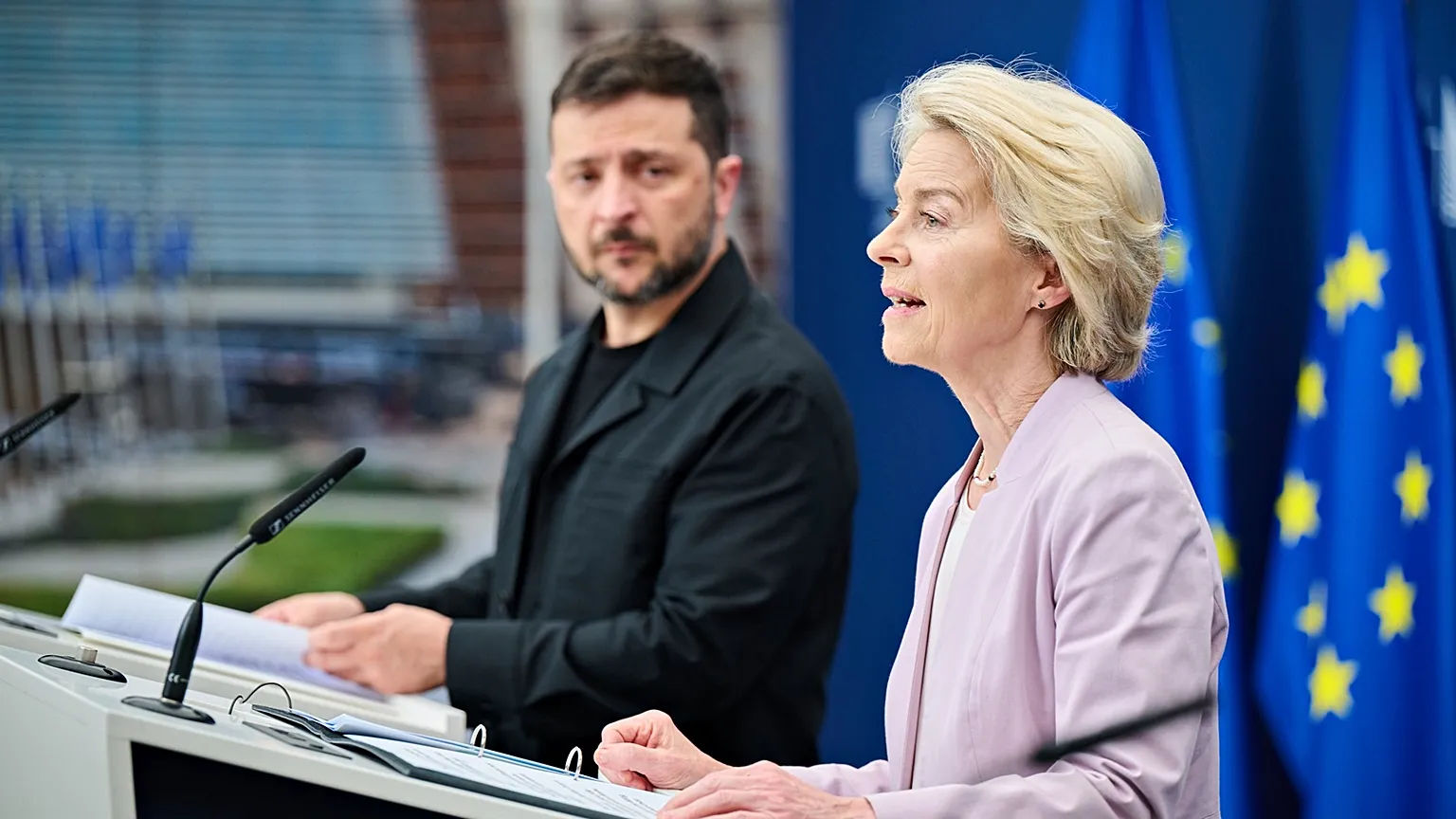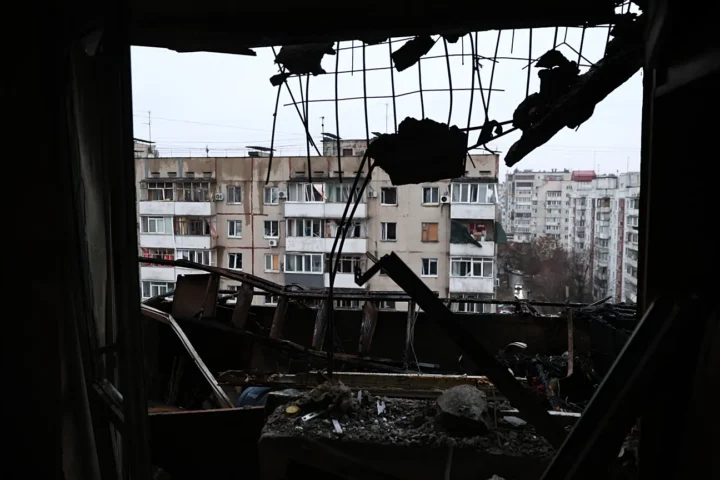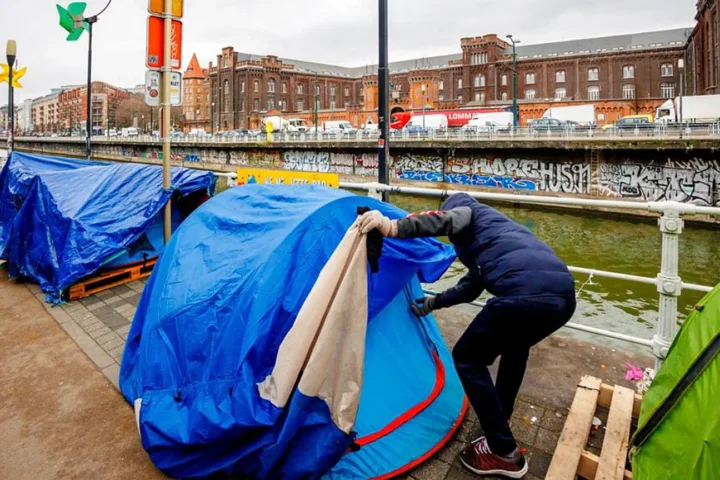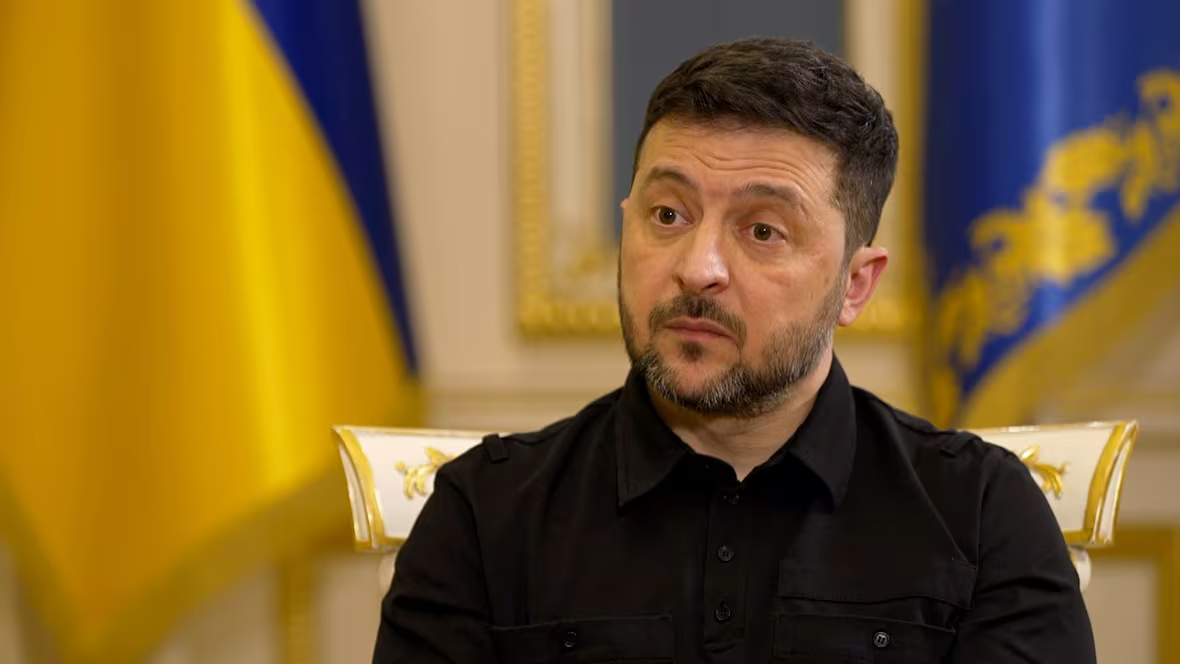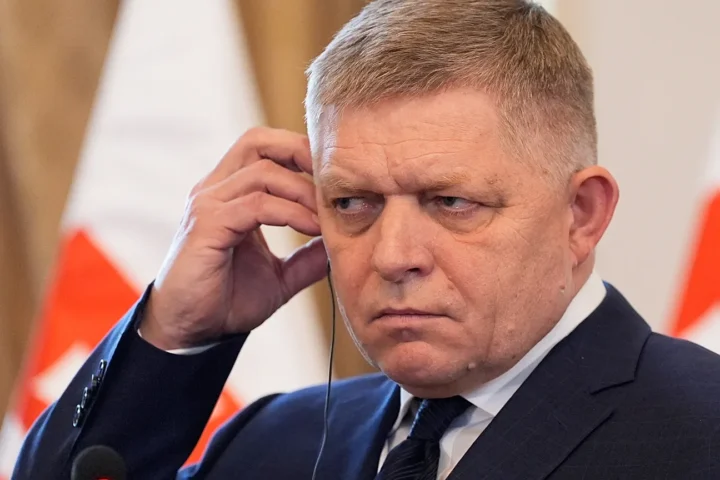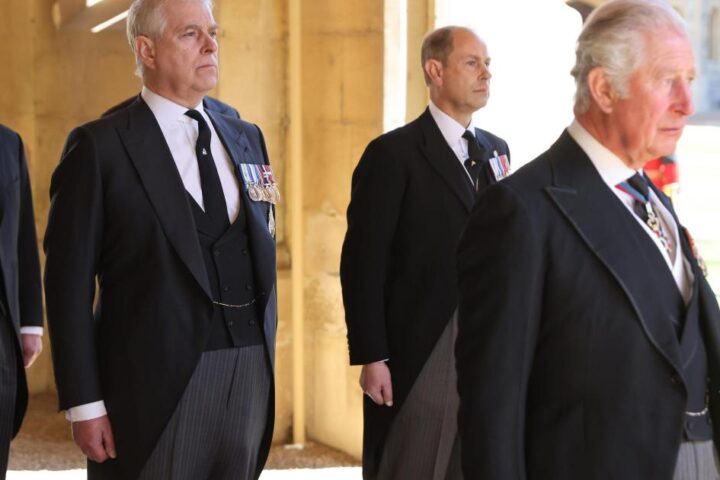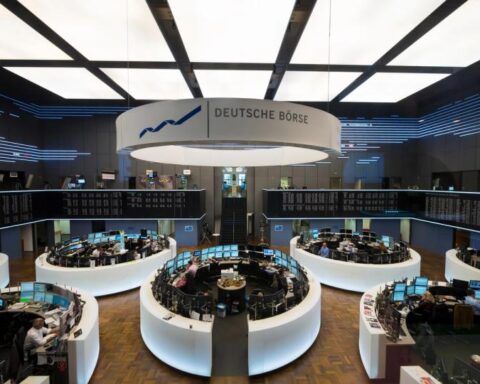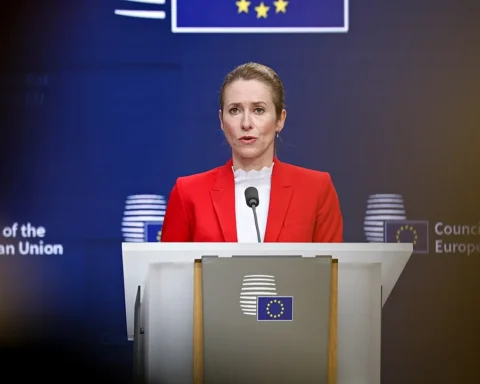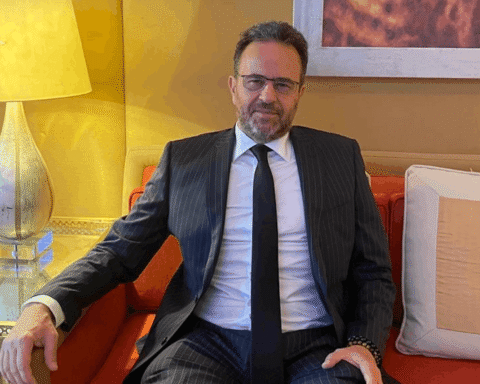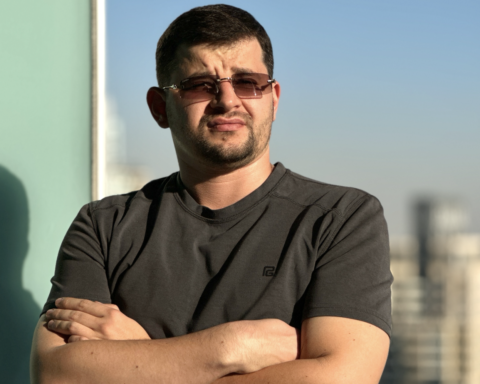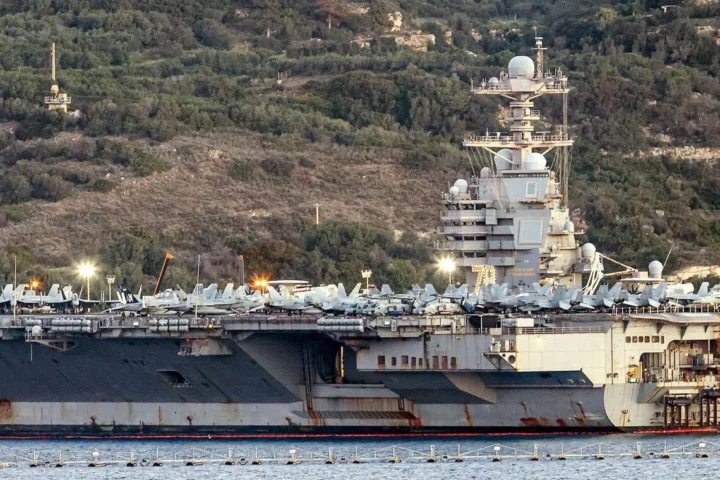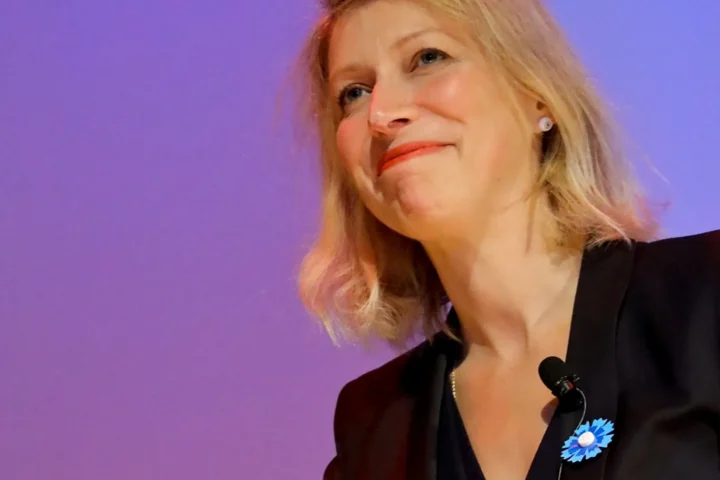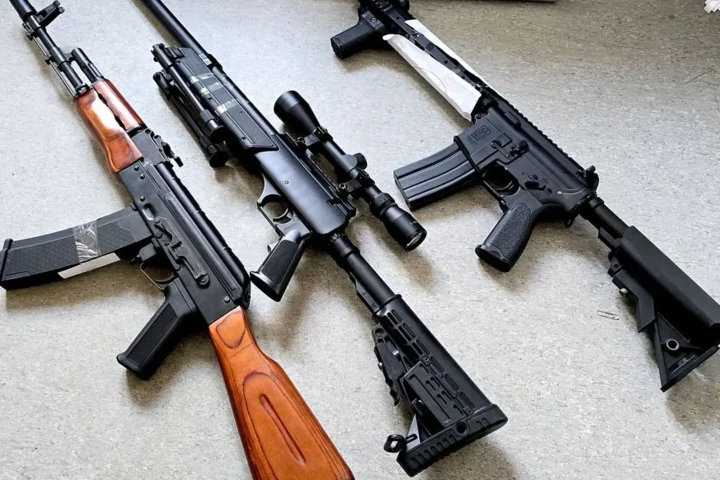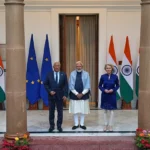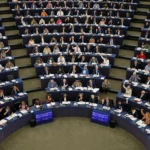As the war in Ukraine grinds toward its third year with no clear end in sight, the financial burden of sustaining the country’s economy and military resilience is escalating into a defining challenge for the European Union. This week, European Commission President Ursula von der Leyen sent an urgent letter to all EU member states, appealing for swift consensus on how to cover Ukraine’s massive €135 billion budget shortfall—a figure that spans funding needs for 2025 through 2027. Her message comes ahead of a crucial December summit that could determine whether the bloc can uphold its commitments to Kyiv or whether internal political divisions will fracture one of the EU’s most consequential geopolitical efforts in a generation.
A Funding Gap Too Large to Ignore
Ukraine’s fiscal deficit is the product of two unrelenting forces: the steep collapse in domestic revenue brought on by war and the enormous costs of maintaining essential state functions under constant attack. With large swaths of its industrial and agricultural base disrupted, Ukraine has become heavily dependent on external financial support to pay salaries, pensions, and basic public services—not to mention rebuilding critical infrastructure destroyed by Russian strikes.
Brussels estimates that Ukraine will require €135 billion in macro-financial assistance over the next three years to remain economically stable and to maintain continuity in governance. The funding is not simply about keeping lights on or paying operating expenses; it is also about enabling Ukraine to continue resisting Russian aggression without the threat of internal collapse.
Von der Leyen’s letter emphasizes that the EU must remain the anchor of Ukraine’s financial stability, especially at a time when U.S. support is uncertain, global donor fatigue is rising, and Moscow is betting that Western unity will eventually fracture.
Political Divisions Threaten EU Unity
The challenge, however, is not just financial—it is intensely political.
Several EU member states, particularly Hungary and Slovakia, have raised objections to long-term funding frameworks for Ukraine. Budapest has repeatedly used its veto power to slow or block decisions related to Ukraine, while Slovakia’s new government under Robert Fico has signaled skepticism about unconditional financial commitments.
At the same time, wealthier Western European nations—including Germany, France, the Netherlands, and the Nordic states—are voicing concerns about the strain on national budgets. With Europe itself confronting sluggish economic growth, inflationary pressures, and tight fiscal rules, committing tens of billions of euros for multiple years is a difficult domestic sell.
Von der Leyen’s letter implicitly acknowledges these political tensions, urging leaders to adopt a forward-looking view rather than retreating into national hesitation. She argues that abandoning Ukraine now would cost Europe far more—in security, stability, and credibility—than any temporary budgetary discomfort.
December Summit: A Make-or-Break Moment
The upcoming December European Council meeting is shaping up to be one of the most consequential gatherings of EU heads of state in years. Several defining issues converge at the summit:
- Ukraine’s funding package for 2025–2027
- EU’s long-term budget revision, needed to accommodate new geopolitical realities
- Debates over enlargement, including steps toward Ukraine’s and Moldova’s potential accession
- Internal disputes over rule-of-law conditions and budgetary vetoes
Failure to reach agreement would send shockwaves well beyond Brussels. It would embolden Moscow, weaken Kyiv at a critical moment on the battlefield, and risk signaling to global partners that Europe’s commitment is softening.
In contrast, a unified decision would demonstrate that the EU remains capable of acting as a geopolitical power—one willing to shoulder the financial and strategic cost of preventing instability on its borders.
The Stakes for Europe
Von der Leyen’s call is rooted in a broader strategic calculation. Europe has more at stake in Ukraine’s survival than perhaps any other actor. A victorious Russia would reshape the continent’s security landscape, imperil eastern EU members, and challenge the credibility of the EU’s claim to be a defender of democracy and international law.
Moreover, supporting Ukraine is not just a wartime necessity—it is an investment in Europe’s long-term stability. A functioning, democratic, and economically viable Ukraine would become a major partner for trade, security, and regional cooperation. The alternative—a fractured, impoverished, or Russian-dominated Ukraine—would generate instability, migration pressures, and unpredictable security risks for decades.
Ukraine’s Economic Reality
Despite the scale of Ukraine’s deficit, Kyiv continues to pursue structural reforms, digital transformation initiatives, and governance improvements aimed at aligning with EU standards. But even the most efficient reforms cannot offset the fundamental economic reality: no country can maintain stability under relentless missile attacks and battlefield destruction without external assistance.
International financial institutions, including the IMF, the World Bank, and the EBRD, have emphasized that EU support remains indispensable. The U.S. Congress, meanwhile, remains gridlocked on new Ukraine funding, further raising Europe’s responsibility.
What Comes Next
The coming weeks will determine whether the EU can rise to the geopolitical moment confronting it. Several scenarios are possible:
- A full deal in December, with a multi-year funding plan approved—best-case scenario.
- A compromise, where some funds are released but long-term commitments remain uncertain.
- A breakdown triggered by vetoes, forcing the EU to consider workaround mechanisms such as intergovernmental agreements outside the EU budget—signaling divisions and weakening Brussels’ cohesion.
Von der Leyen’s message is clear: Europe is running out of time. The funding gap must be filled, and the responsibility falls on the EU to prove that its unity is not merely symbolic but operational and resilient.
As Ukraine braces for another harsh winter under fire, the December summit will test whether the European Union can match its words with deeds—and whether it can uphold the promise it made when it declared that Ukraine belongs in the European family.
The choice before EU leaders is not merely financial. It is historical.
